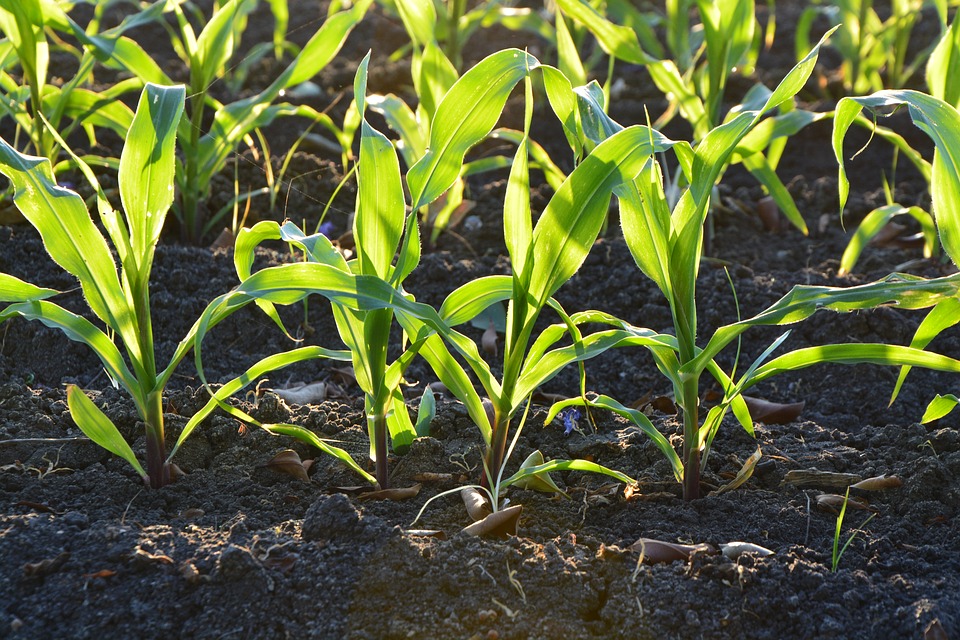If we want to take, we must also be able to give. This is doubly true for agricultural land.
Phosphorus is one of the most important elements ensuring the nutrition and growth of plants, but its content in soils is declining through agricultural production and therefore needs to be supplemented. One of the critical factors influencing sustainable agriculture is thus finding a way to efficiently recycle phosphorus. Ash obtained from wood combustion is a valuable material and a potential source of phosphorus for agriculture; however, the solubility of phosphorus and its subsequent fertilizing effect is very low.
A study led by scientists from our faculty studied inoculation (application of microorganisms) on acidic soil, where the limiting nutrient was phosphorus. For the experiment, they chose fungal inoculants (Penicillium sp. and Trichoderma harzianum), which were applied alone and in combination with wood ash. Subsequently, they monitored the ability of these microorganisms to improve the nutrition of phosphorus on maize. Wood ash applied alone had no demonstrable phosphorus fertilizing effect.
However, when the ash was applied together with fungal inoculants, there was an increase in the available phosphorus content in the soil, an increase in the phosphorus uptake by the plants and subsequently an increase in the production of maize biomass. Both fungal strains reduced the overall microbial activity in the soil, as determined by the activity of the enzymes soil dehydrogenase, basic phosphatase and microbial phosphorus content. Only T. harzianum caused higher soil activity of the acid phosphatase enzyme.
This work shows that the tested strains can be applied together with wood ash to increase its fertilizing effect. The positive effect of inoculants on the availability of soil phosphorus was mainly due to an increase in the acidification of the rhizosphere and a decrease in the content of microbial phosphorus in the soil. However, in the case of the application of microorganisms without the addition of wood ash, both effects seemed to be inhibited by the ability of the soil to bind phosphorus. This knowledge can now lead to the development of innovative fertilizer compositions from recycled materials and improve nutrient recycling in agriculture.
Authors:
Ing. Filip Mercl, Ph.D., Ing. Martin Kulhánek, Ph.D.
Improved phosphorus fertilisation efficiency of wood ash by fungal strains Penicillium sp. PK112 and Trichoderma harzianum OMG08 on acidic soil.
MERCL, F., M. GARCÍA-SÁNCHEZ, M. KULHÁNEK, Z. KOŠNÁŘ, J. SZÁKOVÁ a P. TLUSTOŠ. Improved phosphorus fertilisation efficiency of wood ash by fungal strains Penicillium sp. PK112 and Trichoderma harzianum OMG08 on acidic soil. Applied Soil Ecology [online]. 2020, 147 [cit. 2020-11-19]. ISSN 09291393. Available from: doi:10.1016/j.apsoil.2019.09.010

